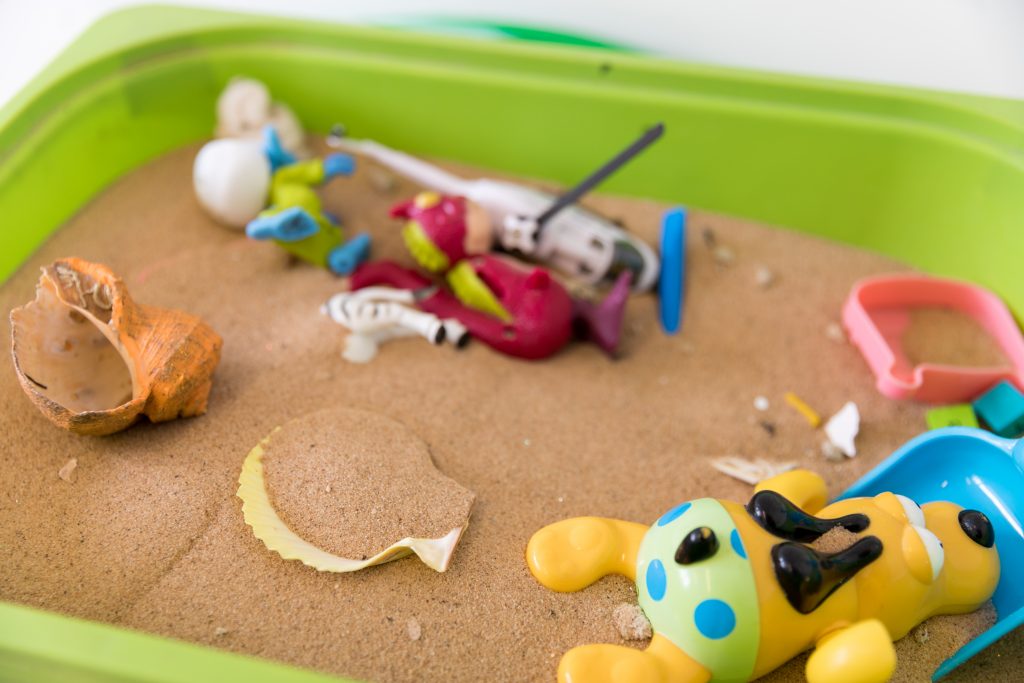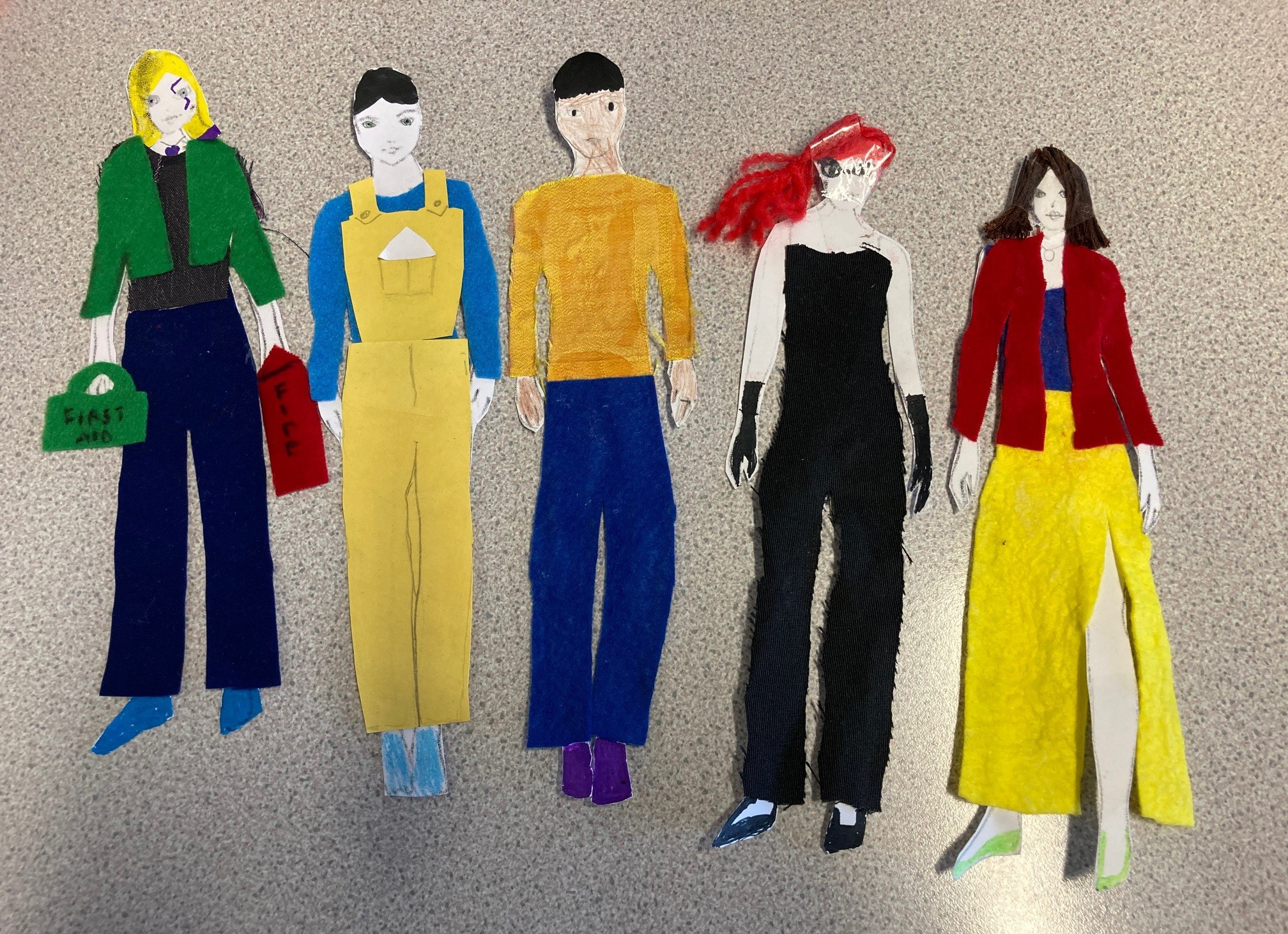

Our Guiding Principles
We understand that each child is an individual, with their own set of strengths and challenges. We see the ability of our students through their talents, and work with them to build the skills, courage, and confidence they need to make positive choices. We achieve this by using a blend of individual coaching, therapeutic support, and group work.
Our Therapeutic & Support Team
Our Multi-Disciplinary Team (MDT) works closely with teachers and support staff to ensure that students grow socially and emotionally alongside their educational development. Under the guidance of our Educational Psychologist, a range of therapeutic assessments and methods are used by the team to help identify and support each student’s specific developmental needs.

Mia Angelos
Occupational Therapist

Abi Wren
Therapies Assistant

Fay Hooper
Family Support Worker

Megan Harben
Mental Health & Wellbeing Lead

Olivia Hudson
Assistant Psychocologist

Hannah Hamlin
Educational Psychologist
What is an Educational Psychologist?
An educational psychologist uses their understanding of psychology to help to remove students’ barriers to learning and progressing at school. They work at a school wide level to continue to develop a therapeutic and relational approach to learning, including delivering training and consultations with school staff.
They may work with groups of students focussing on a specific area of development. They may work with young people, school staff, parents/carers and the wider multi-disciplinary team to formulate an understanding of an individual student’s needs.
Hannah Hamlin, our educational psychologist, has developed specific interests in conflict resolution, solution focused practice, video interaction guidance, analysis of attachment styles, neurodiverse affirming practice, eliciting and representing the voice of students.
Our Approach
Our therapeutic approach incorporates a variety of methods that are used to support our students to learn new skills and manage difficulties associated with social, emotional, and mental health.
You can find out more about the therapies by clicking on the ‘read more’ under each icon below.

Speech &
Language Therapy
Read More
Language and our ability to use it is vital in our growth and development. Difficulties with speech, understanding, and language acquisition can inhibit a child’s ability to be understood and to understand. Our speech and language therapist works with children to help them communicate to the best of their abilities. Whether the cause is to do with a physical problem, language delay, or a learning difficulty such as autism or dyslexia, the aim of speech and language therapy is to make communication easier.

Sand Tray
Therapeutic Play
Read More
This approach can support young people to communicate through playing with sand and miniature props – such as figures, animals and vehicles. It can be a helpful approach for our students who may have difficulties in processing and verbalising their thoughts and feelings.

Occupational
Therapy
Read More
Learning is a complex and intensive process and it can be hampered if a child has difficulty carrying out the day-to-day activities we often take for granted. Occupational therapy helps children who struggle with fine and gross motor skills, self-regulation, and sensory processing. Our Occupational Therapist works with children to assess their needs and create a programme of activities that help them to build their skills. Occupational therapy helps build a child’s independence and confidence, which has a huge impact on their learning and development.

Lego
Therapy
Read More
LEGO Therapy is an innovative intervention used to help children with Autistic Spectrum Disorders, ADHD, or issues surrounding communication and interaction. A type of play therapy it assigns children a role within a group, their roles are rotated throughout the session so that each child gets the chance to develop specific skills. The roles are Engineer (oversees design and construction of the model), Supplier (finds the correct bricks as described by the Engineer), and Builder (takes the bricks from the Supplier and follows instructions from the Engineer to assemble the bricks correctly). With support from an adult the children will use and develop their language and interaction skills while learning the value of ownership, problem solving, and teamwork.

Mental Health
Support
Read More
Our Mental Health Practitioner works with both staff and students to ensure that there is a child and young person centered, holistic approach to mental health across the school sites.
This includes completing mental health assessments and working alongside our students to create a support plan that will work for them.

Play
Therapy
Read More
Children naturally express themselves through play, rather than words, which makes play therapy an especially powerful method of supporting a child’s mental health and emotional growth. In a safe, supportive environment children are encouraged to play freely with a variety of symbolic toys and creative items. Through their own exploration of their life experiences and feelings children, alongside attuned adults, are able to work through complex emotions and ruminating thoughts.

Growth Through Creativity
We offer students ways to express themselves creatively because self-expression through the arts and play helps children reduce stress, develop interpersonal skills, manage their behaviour, and resolve problems. Building emotional resilience makes students more receptive to learning and helps them see that they can achieve much more than they ever thought they could!
Transforming Life Chances
By combining our therapeutic methods with creative activities and a specialist curriculum, our teaching staff and MDT work together to ensure that we have the greatest possible impact on our students’ emotional, behavioural, and educational development. For many children this will be the first time they experience success in an educational setting, and we aim to make that a lifelong habit that supports them into adulthood and beyond.


